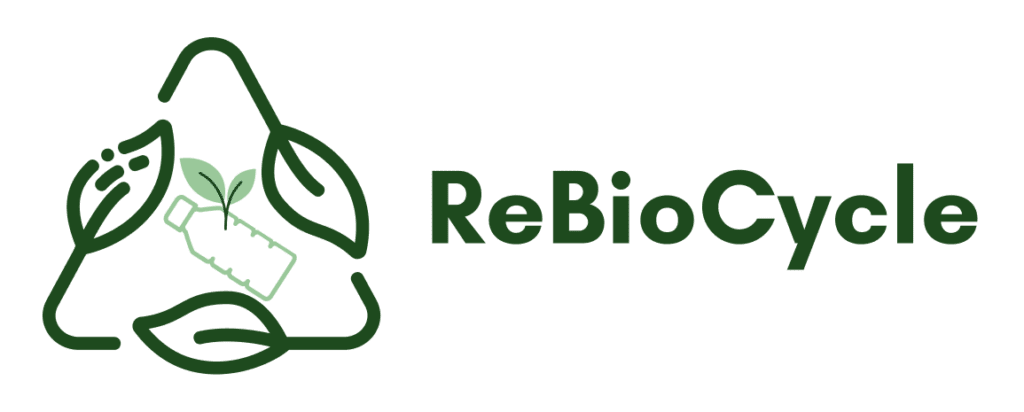
ReBiocycle: multiple recycling routes for PLA, PHA and Mater-bi
The ReBioCycle project wants to show the multiple recycling routes for PLA, PHA and Mater-bi. The different routes are mechanical recycling, chemical recycling, enzymatic recycling, microbial recycling and thermal degradation. ReBioCycle aims to demonstrate that bio-based biodegradable plastics can be kept in the cycle for as long as possible through several innovative recycling technologies and that end-of-life bio-based biodegradable plastics can be used in the circular (bio)economy.
Three hubs, in the Netherlands, Italy, and Spain, will be established for different technologies and technology readiness levels (TRL). The hubs will focus on the various recycling routes which will be brought to TRL6 and 7.

Our contribution to this project
Our task within this project Rebiocycle multiple recycling routes, is to test and evaluate a synergy with the Torwash process where biopolymers are degraded to monomers, which Paques Biomaterials can use as feedstock to make new PHA using its biological process. Besides, we will test the recycled PHAs produced in the project and validate their quality compared to virgin PHAs. We are doing this together with our partners within the Dutch Hub.
Partners in the Dutch Hub
Torwash, Total Energies Corbion, Corbion, Nationaal Testcentrum Circulaire Plastics, Kaneka.
Other Partners
University College Dublin, Torwash, CSIC, The PROVOST, Glasport Bio, University of Ireland Galway, AIMPLAS, ARAPAHA, Sulapac, Archa, European Bioplastics, Magfi
Time Frame
The project starts in October 2024 and runs for 48 months.

The project is supported by the Circular Bio-based Europe Joint Undertaking and its members. Funded by the European Union under grant agreement No 101157239. Views and opinions expressed are however those of the author(s) only and do not necessarily reflect those of the European Union or CBE JU. Neither the European Union nor the CBE JU can be held responsible for them.
